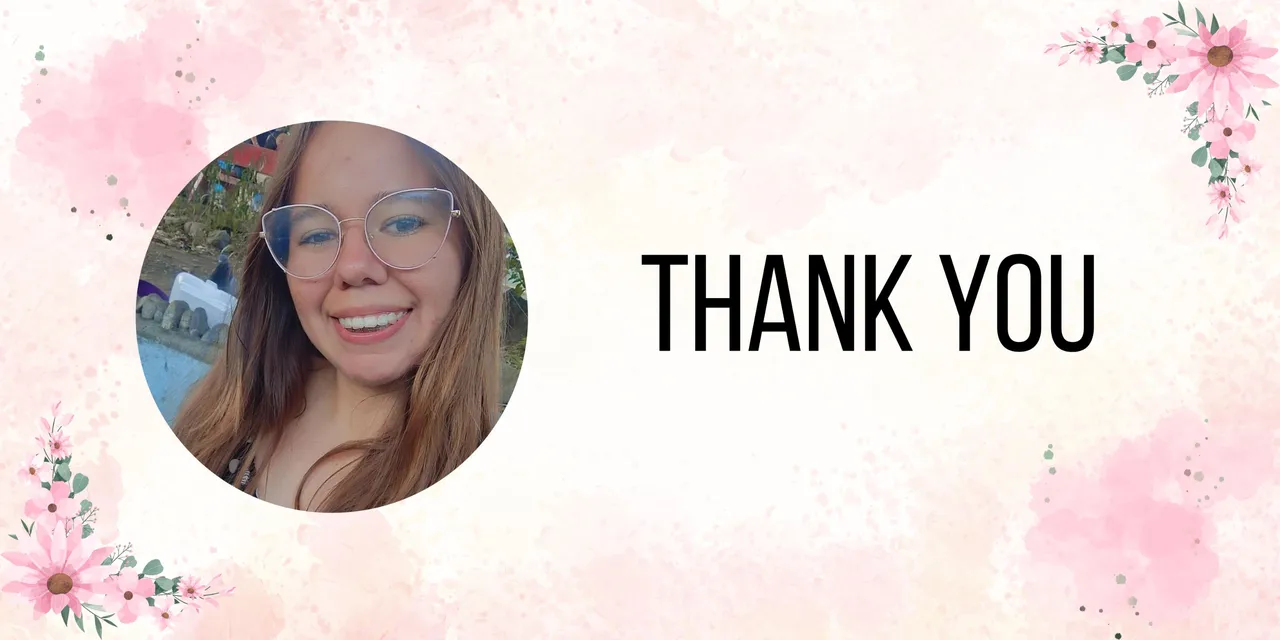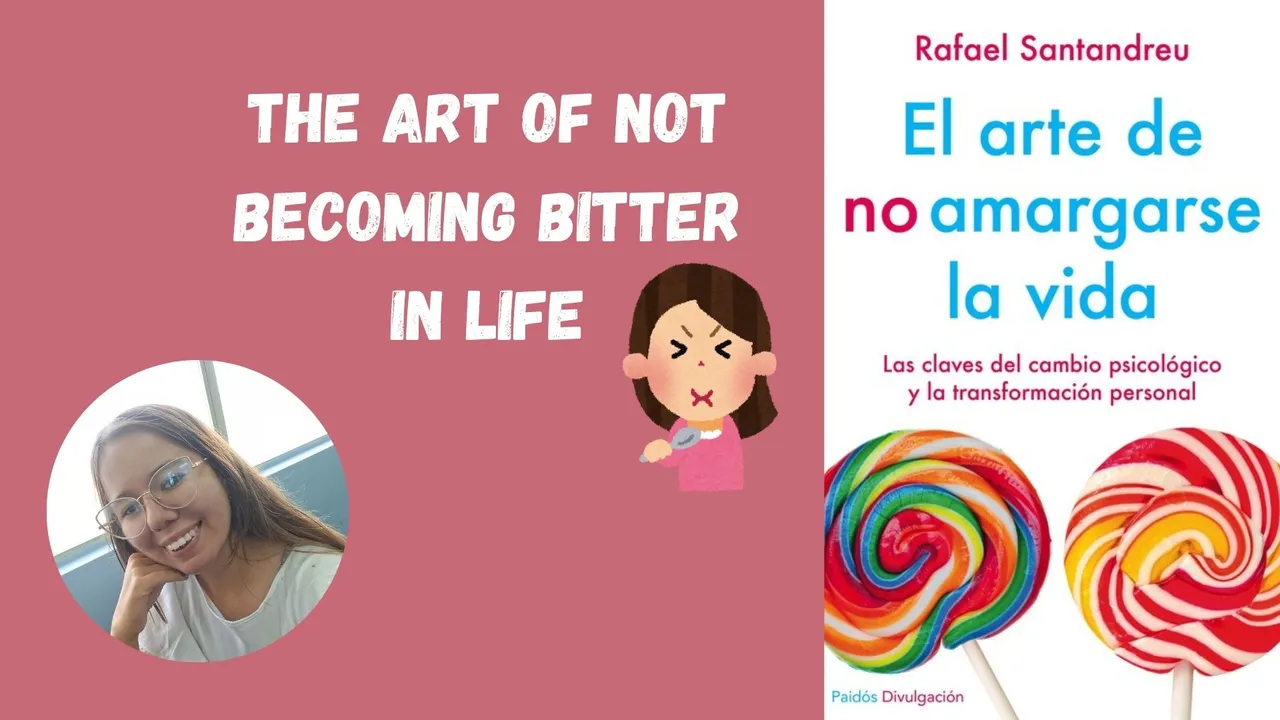 Source
SourceHello dear Hive community, I hope you are doing well.
As always, it is a pleasure to be able to share with you, through this medium, our experiences with reading and our opinions about books that, in one way or another, impact our lives.
En lo personal, he pasado por una etapa complicada en la que los bloqueos mentales me han impedido terminar muchos libros. Tal vez mi mente ha estado enfocada en asuntos más personales, alejándose del mundo ficticio. En lugar de sumergirme en una novela, sentí la necesidad de leer algo que me ayudara a reenfocar mis pensamientos y calmar la tormenta interna. Por eso, decidí leer “El arte de no amargarse la vida” del psicólogo Rafael Santandreu.
Personally, I have been going through a complicated stage in which mental blocks have prevented me from finishing many books. Perhaps my mind has been focused on more personal matters, moving away from the fictional world. Instead of immersing myself in a novel, I felt the need to read something that would help me refocus my thoughts and calm the internal storm. So I decided to read “El arte de no amargarse la vida ” by psychologist Rafael Santandreu.
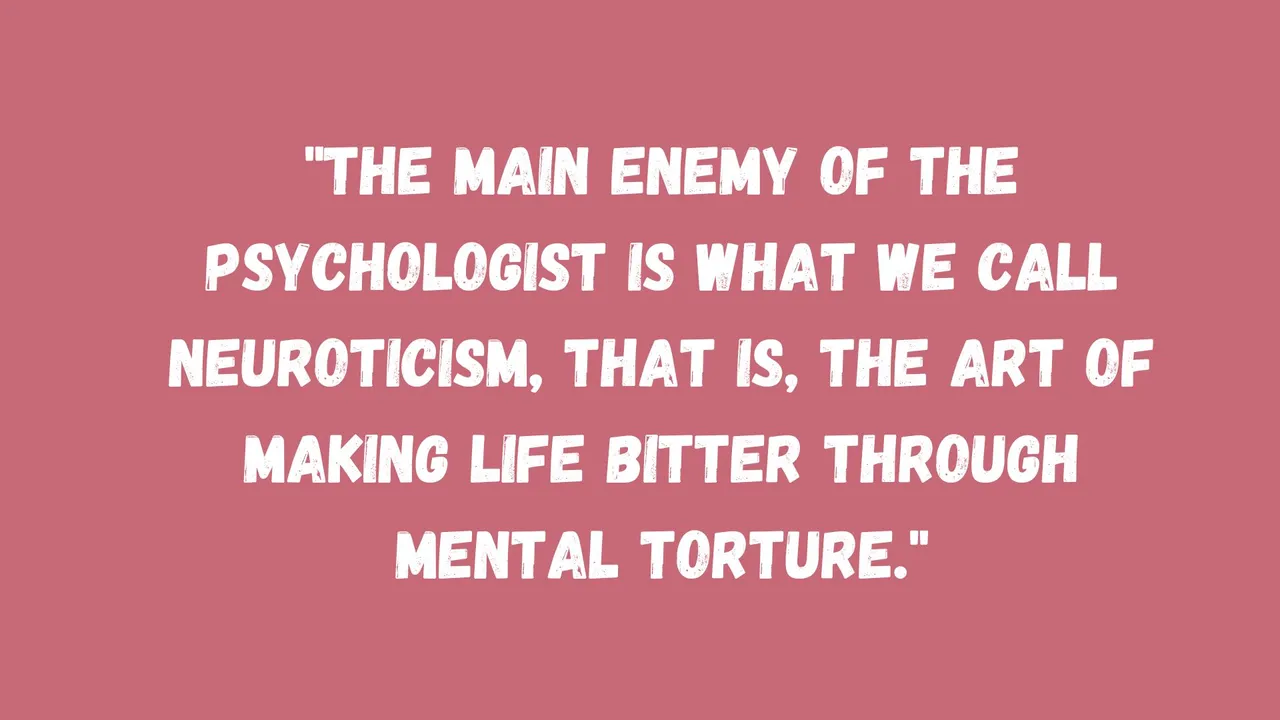
Este libro ofrece una serie de consejos basados en la psicología cognitiva, y está escrito de forma clara, cercana y con ejemplos prácticos. Santandreu, con su amplia experiencia como terapeuta, nos muestra a través de casos reales de pacientes cómo nuestra manera de pensar influye directamente en la forma en la que sentimos y actuamos.
This book offers a series of tips based on cognitive psychology, and is written in a clear, close and practical examples. Santandreu, with his extensive experience as a therapist, shows us through real patient cases how our way of thinking directly influences the way we feel and act.
Una de las ideas principales del libro es que los seres humanos estamos acostumbrados a vivir bajo presión constante, analizando cada situación de forma excesiva, lo que nos lleva a sentirnos frustrados o amargados sin necesidad. Nuestra percepción de la realidad, como bien explica el autor, está profundamente influenciada por cómo decidimos reaccionar ante lo que nos ocurre. Si nuestros pensamientos son negativos, nuestras acciones tienden a ser igual de autodestructivas, y terminamos en un círculo vicioso de culpa y ansiedad. (Cof cof... me identifico completamente.)
One of the main ideas of the book is that human beings are used to living under constant pressure, analyzing every situation excessively, which leads us to feel frustrated or bitter unnecessarily. Our perception of reality, as the author explains, is deeply influenced by how we decide to react to what happens to us. If our thoughts are negative, our actions tend to be just as self-destructive, and we end up in a vicious cycle of guilt and anxiety. (Cof cof... I can completely relate).
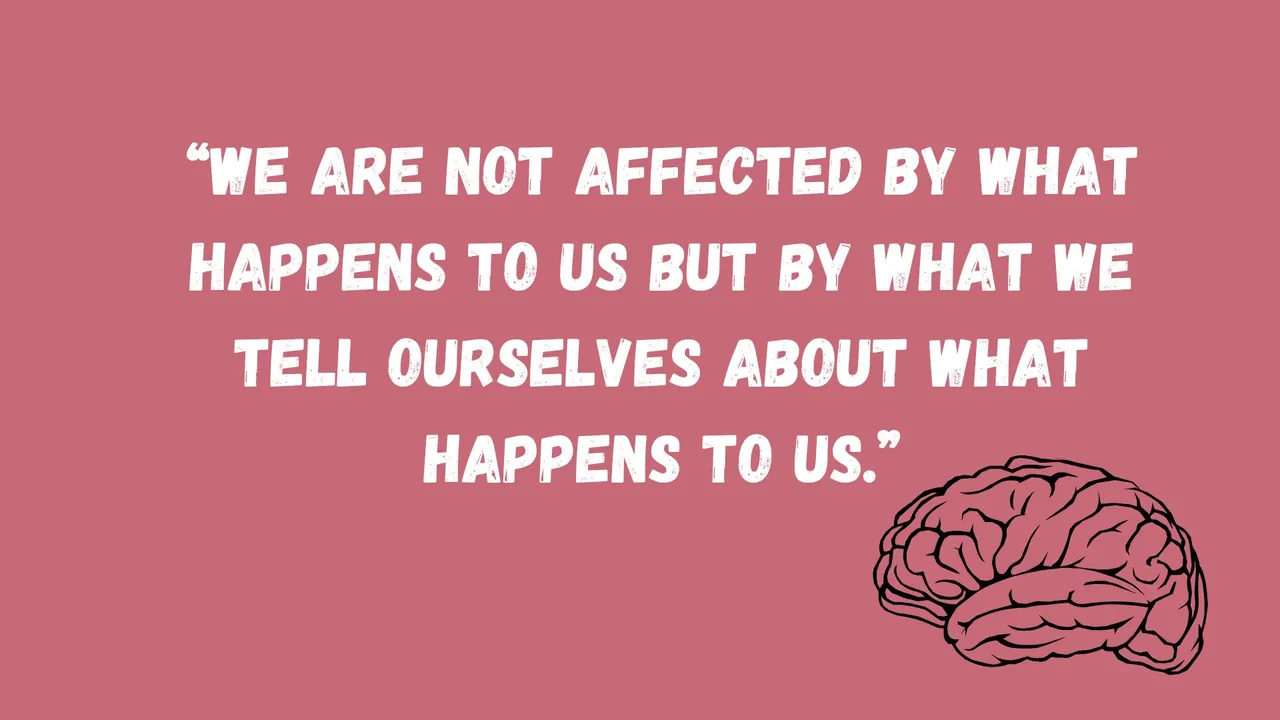
Lo que más me gustó es la forma en la que el autor combina teoría con casos prácticos. A medida que va desarrollando los conceptos, vemos la evolución de los pacientes que menciona, lo cual permite visualizar con claridad la relación entre nuestros pensamientos, emociones y comportamientos. Es como si, página a página, el lector también pudiera ir evolucionando junto a ellos.
What I liked most is the way in which the author combines theory with practical cases. As he develops the concepts, we see the evolution of the patients he mentions, which allows us to clearly visualize the relationship between our thoughts, emotions and behaviors. It is as if, page by page, the reader can also evolve along with them.
Como persona ansiosa, hubo una frase que me marcó profundamente: “No conviertas tus deseos en necesidades.”
Entender que muchos de mis pensamientos negativos provienen de exigencias que yo misma he impuesto a mi mente me ha ayudado a ver mi estilo de vida desde otra perspectiva. Nos han enseñado a perseguir constantemente logros, relaciones, bienes materiales… pero en realidad, el ser humano solo necesita lo básico para vivir. Todo lo demás es extra. Si no aprendemos a disfrutar el proceso y a aceptar que no todo tiene que salir perfecto, estamos destinados a vivir amargados.
As an anxious person, there was one phrase that stuck with me deeply: “Don't turn your wants into needs. ”
Understanding that many of my negative thoughts come from self-imposed demands on my mind has helped me see my lifestyle from another perspective. We have been taught to constantly pursue achievements, relationships, material goods... but in reality, human beings only need the basics to live. Everything else is extra. If we don't learn to enjoy the process and accept that not everything has to be perfect, we are destined to live bitter lives.
Este libro no hace magia —no voy a mentir diciendo que desaparecieron mis pensamientos intrusivos al terminarlo—, pero sinceramente, los consejos que ofrece son valiosos. Si se aplican con constancia, pueden generar un cambio real. Quizás no en una semana, ni en un mes, pero a lo largo de un año, creo que cualquier persona podría experimentar una transformación importante. Al final, todo se trata de perspectiva: aprender a ver lo bueno y lo malo de la vida con equilibrio, sin caer en lo que el autor llama “terribilitis”, esa tendencia a magnificar los problemas y vivir con miedo constante. Esta es, según él, una de las raíces de la depresión y la ansiedad.
This book doesn't work magic - I'm not going to lie and say that my intrusive thoughts disappeared when I finished it - but honestly, the advice it offers is valuable. If applied consistently, they can bring about real change. Maybe not in a week, maybe not in a month, but over the course of a year, I think anyone could experience a major transformation. In the end, it's all about perspective: learning to see the good and the bad in life with balance, without falling into what the author calls “terribilitis,” that tendency to magnify problems and live in constant fear. This is, according to him, one of the roots of depression and anxiety.
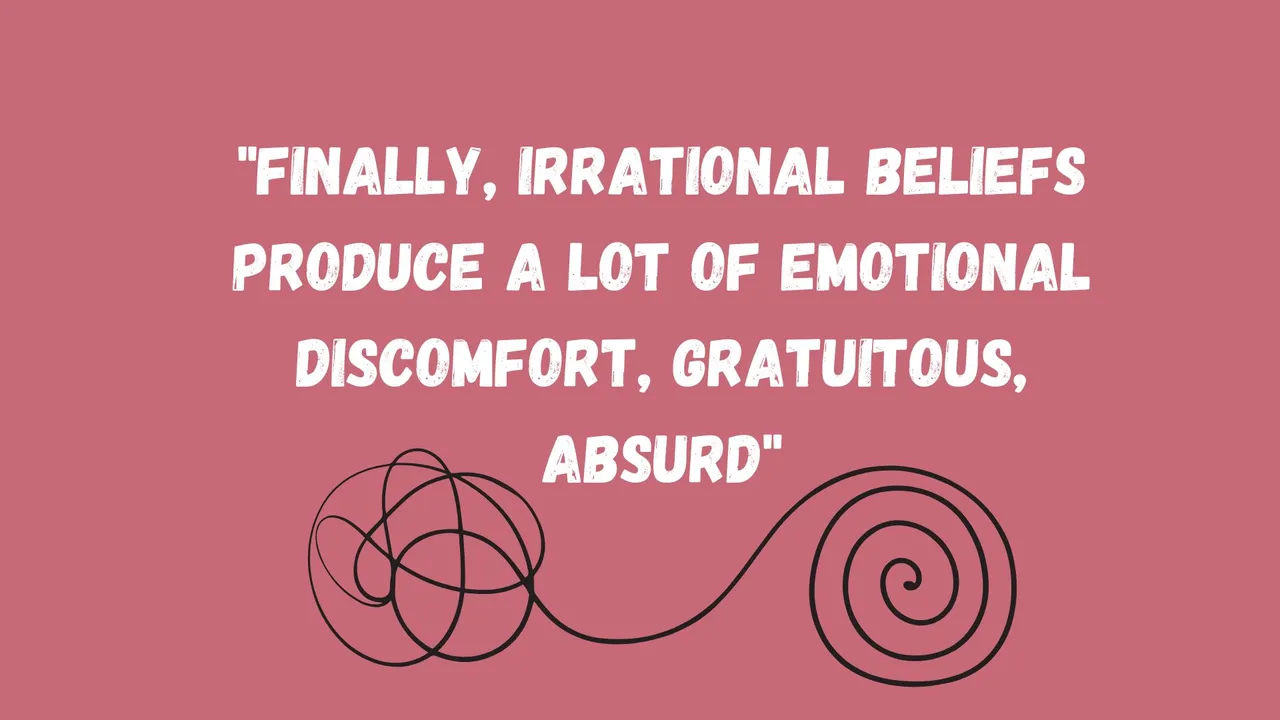
No suelo leer muchos libros de autoayuda, pero “El arte de no amargarse la vida” ha sido una lectura muy positiva para mí. Me ha dado herramientas que, aunque sencillas, tienen el poder de cambiar la forma en que vivo y siento. Por eso, le doy una calificación de 4.5/5 estrellas.
Lo recomiendo especialmente a quienes estén pasando por una etapa difícil o simplemente quieran aprender a vivir con más calma y autenticidad.
I don't read many self-help books, but “The Art of Not Bittering Your Life ” has been a very positive read for me. It has given me tools that, although simple, have the power to change the way I live and feel. For that, I give it a rating of 4.5/5 stars.
I especially recommend it to those who are going through a difficult time or simply want to learn to live more calmly and authentically.
Gracias por leerme, y como siempre, estaré encantada de saber si alguno de ustedes ha leído este libro o si tienen alguna recomendación similar. ¡Nos leemos en los comentarios! 🌻📖
Thanks for reading me, and as always, I'd be happy to hear if any of you have read this book or if you have any similar recommendations. see you in the comments! 🌻📖
